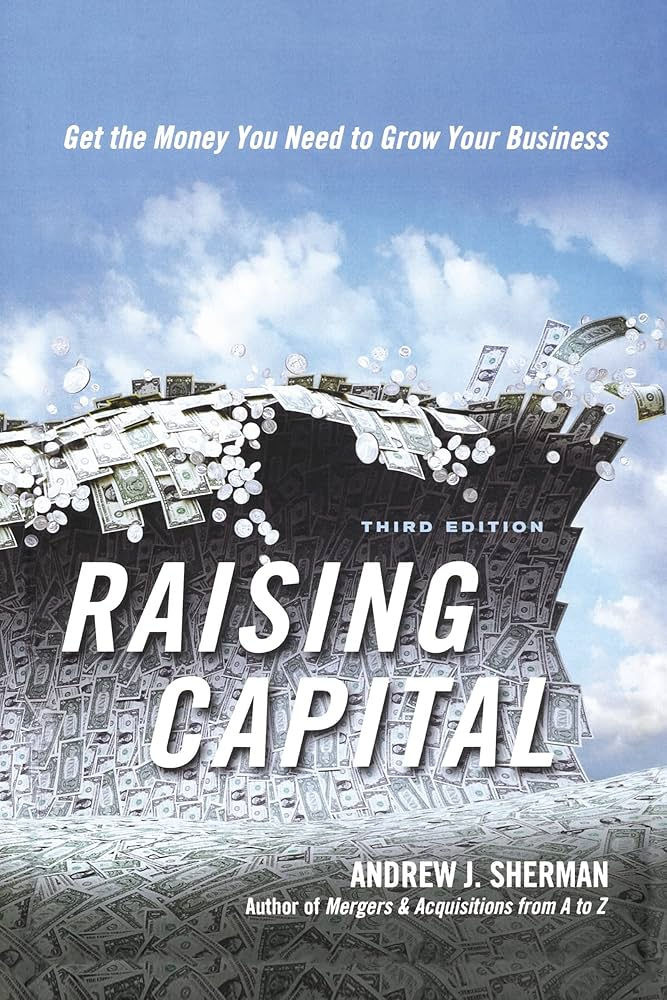Perception 3: Distress
- Rashidi Kabamba
- Jun 9, 2022
- 2 min read
"The mind is never ingenious in making its own distress" - Oliver Goldsmith
In my last blog, I went in depth into eustress, which "eu" means good, and how that eustress is beneficial for you because it leads to positive outcomes. Based on your interpretation and perspective on stress it will determine if your end result is negative or it's positive. Therefore we have gone through the positive, now let's go through the negative, which is distress.
Distress is the contrary to eustress as in it's when you perceive or interpret your stress as panic or a threat and it gives birth to fear, dread, and anxiety. Distress leads to many harmful affects to the mind, body, and if you're a holistic thinker you can say soul. When you have distress, you are out of your comfort zone and you feel overwhelmed, anxious, and feel apprehension as to why you're going through what you're going through. This kind of stress exceeds a person's physical, emotional, or psychological ability to cope with a situation. As a result, this stress overwhelms the individual and your mental and physical health is severely impaired. According to another blog, by Zencare, here are the examples of distress (https://blog.zencare.co/eustress-vs-distress/)
Diagnosis of a life-threatening or debilitating illness
The death of a loved one
The loss of a job
A serious injury
Filing for divorce and/or a separation
Being neglected or abused
Feeling burnt out, especially in difficult situations that won’t end

These are examples of distressful situations and if you are not careful or take precautions to handle these situations accordingly it will lead to you being damaged severely physically and mentally. Here are some outcomes that emotional distress leads to, by medical news. According to Medical News, (https://www.medicalnewstoday.com/articles/emotional-distress#symptoms).
Feeling overwhelmed, helpless, or hopeless
Feeling guilty without a clear cause
Spending a lot of time worrying
Having difficulty thinking or remembering
Sleeping too much or too little
Having changes in appetite
Relying more heavily on mood-altering substances, such as alcohol
Isolating from people or activities
Experiencing unusual anger or irritability
Experiencing fatigue
Having difficulty keeping up with daily tasks
Experiencing new, unexplained pain
These are all symptoms of distress and like I have been stating in the last few blogs as well as this one that it's all about how you perceive the events and situations which occur to you. This will determine if your stress will become eustress or distress. Distress is extremely harmful for your mental and physical health as stated in the list above. If you are feeling distress it's important that you begin treatment as soon as possible to alleviate your stress. The next blog we will be going over ways to alter your perception so that you can go from distress to eustress and utilise that stress to see more positive outcomes in your work and life.With that being said, hope you enjoyed my blog, peace!!:)




Comments